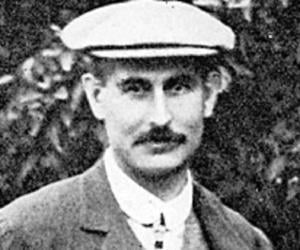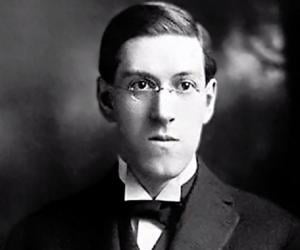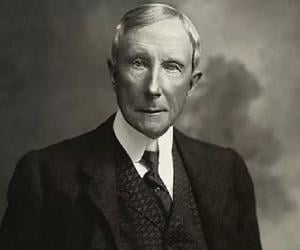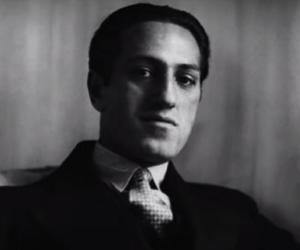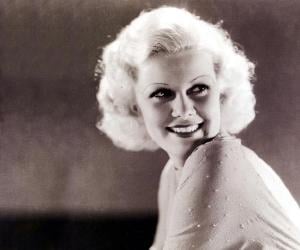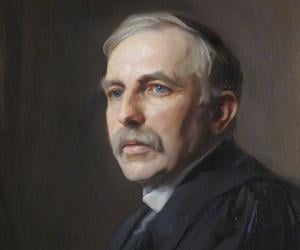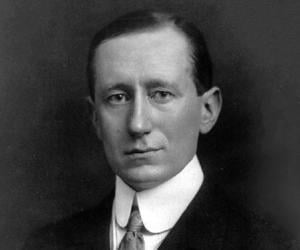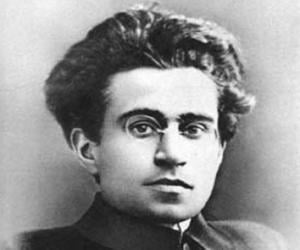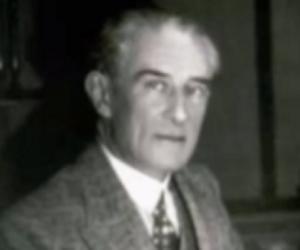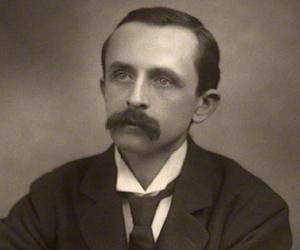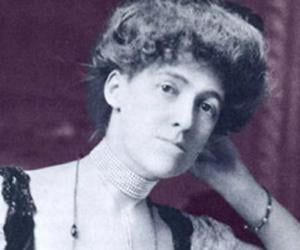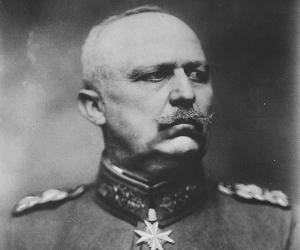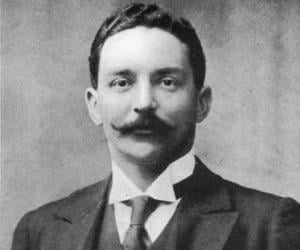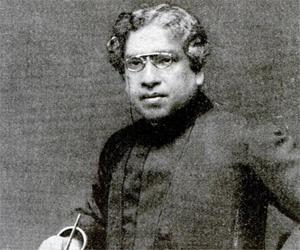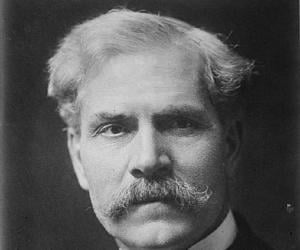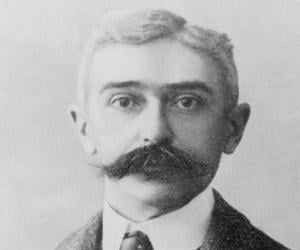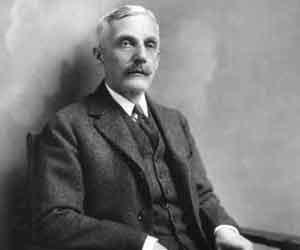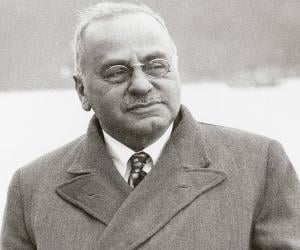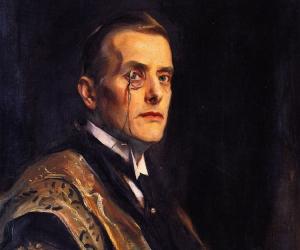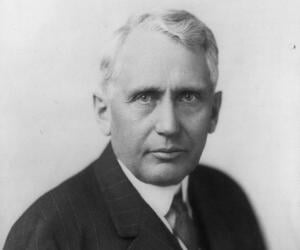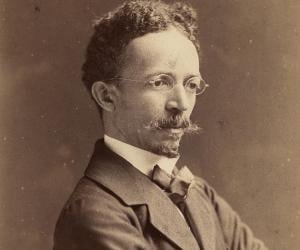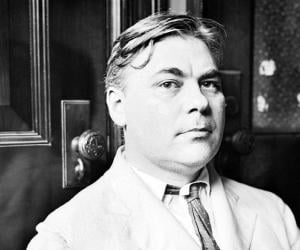HP Lovecraft was a writer of weird and horror fiction and is known for his creation of Cthulhu Mythos, which has inspired a large body of games and music. His stories focused on his interpretation of humanity's place in the universe. He was virtually unknown during his lifetime, but is now considered a significant 20th-century author of supernatural horror fiction.
Widely regarded as the richest person in modern history and the wealthiest American ever, John D. Rockefeller was a business magnate who founded the Standard Oil Company. He was America’s first billionaire. He also defined the structure of modern philanthropy as the foundations created by him had a major effect on scientific research, medicine, and education.
George Gershwin was an American pianist, composer, and painter. His work Porgy and Bess is widely regarded as an American cultural classic and one of the 20th century's most important American operas. Many of his compositions have been used in films and television series. His life and work inspired the 1945 biographical movie, Rhapsody in Blue.
Jean Harlow was an actress and sex symbol. Nicknamed the Platinum Blonde and Blonde Bombshell, Harlow was famous for her femme fatale screen persona. She became one of the biggest Hollywood stars despite being in the industry for not more than nine years. Her life and career inspired several movies, such as Harlow and Hughes and Harlow: Angels in Hell.
New Zealand physicist Ernest Rutherford is remembered as the father of nuclear physics. His discovery of radioactive half-life and of radon, and his differentiation of alpha and beta radiation, won him the Nobel Prize in Chemistry in 1908. Element 104 was named rutherfordium in his honor.
Guglielmo Marconi was an Italian electrical engineer and inventor best remembered for his work on long-distance radio transmission. Marconi, who is credited with inventing the radio, was honored with the 1909 Nobel Prize in Physics for his work in the field of wireless telegraphy. Also a businessman, Marconi founded the Wireless Telegraph & Signal Company in 1897.
Antonio Gramsci was an Italian politician, journalist, philosopher, linguist, and writer. A founding member of the Communist Party of Italy, Gramsci went on to serve as the leader of the party before he was arrested by Benito Mussolini's Fascist regime. Since his death, Antonio Gramsci has been the subject of several plays and films.
Sir James Matthew Barrie was a Scottish playwright and novelist. He is credited and remembered for creating the famous fictional character, Peter Pan. In the 1922 New Year Honours, Barrie was made a member of the Order of Merit. Before his death, he gifted the Great Ormond Street Hospital for Children with the rights of his Peter Pan works.
German military leader Erich Ludendorff gained fame with the victories at Liège and Tannenberg during World War I. He promoted the theory that Marxists, Jews, and Freemasons were responsible for Germany’s defeat in the war. He later became a military theorist, writing books such as The Total War.
J. Bruce Ismay was an English businessman. He served as managing director and chairman of the popular shipping company White Star Line, which operated the ill-fated passenger liner RMS Titanic. In 1912, Ismay was subjected to severe criticism after surviving the sinking of the Titanic. In the 1997 film Titanic, J. Bruce Ismay was played by actor Jonathan Hyde.
Indian physicist, biologist, and plant physiologist Jagadish Chandra Bose revolutionized science with his research on how plants and animals react to external stimuli. He founded the Bose Institute, made pioneering contribution to the field of radio and microwave optics, and also penned one of the first works of Bengali science fiction.
Pierre de Coubertin was a French historian and educator. Credited with founding the International Olympic Committee, Coubertin is often referred to as the father of the modern Olympic Games. Also an important contributor to the sport of rugby union, Coubertin was inducted into the World Rugby Hall of Fame in 2007.
The son of wealthy Pittsburgh banker Thomas Mellon, Andrew William Mellon had followed in his father’s footsteps, to be a banker. He had also been the American ambassador to the U.K. and the American secretary of the treasury. He owned companies such as Alcoa, Old Overholt whiskey, and Gulf Oil.
Alfred Adler was an Austrian psychotherapist and medical doctor. He is credited with founding the school of individual psychology. He was also one of the founders of the psychoanalytic movement along with Sigmund Freud and Freud's colleagues. In 2002, a survey conducted by Review of General Psychology named Adler among the 20th century's most eminent psychologists.
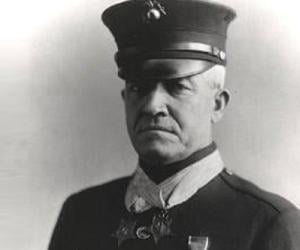
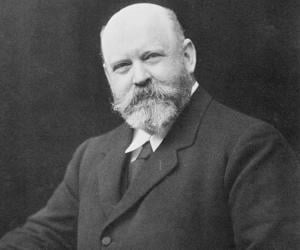
Walter Rothschild, 2nd Baron Rothschild was a British soldier, politician, zoologist, and banker. He is best remembered for his service as the president of the largest Jewish communal organization in the UK, the Board of Deputies of British Jews, between 1925 and 1926. Walter Rothschild also made immense contributions to the field of zoology.
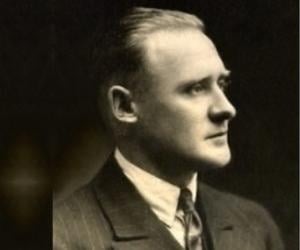
Aeronautical designer R. J. Mitchell joined Supermarine at age 21 and worked for them throughout his life. Remembered for designing sea planes, he was also the man behind the fighter aircraft Spitfire, which was used extensively during World War II. The film The First of the Few chronicled his life.
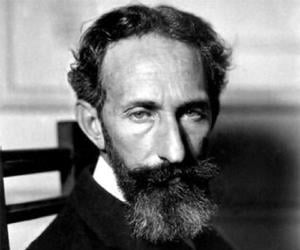
Horacio Quiroga was a Uruguayan poet, playwright, and short story writer. He is best remembered for depicting jungles and characters with mental illnesses in his stories. Horacio Quiroga is credited with influencing the works of Gabriel García Márquez and Julio Cortázar.
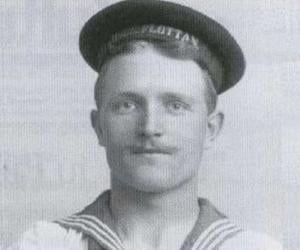
Swedish sailor Carl Emil Pettersson, who worked for Neuguinea-Compagnie, was shipwrecked while on a work trip in the Pacific. He was washed ashore and eventually became the ruler of Tabar Island in Papua New Guinea, after marrying the princess of the island. He also owned plantations and unearthed a gold deposit.
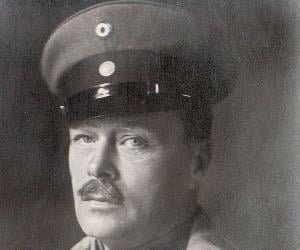

Known as one of Japan’s most impactful bohemian romantic poets, Chūya Nakahara was often compared to French symbolist poets for his fine imagery. Also known as the Japanese Rimbaud, he was influenced by Dadaism, too. He tragically died of meningitis at 30, though his legacy of around 350 poems lives on.
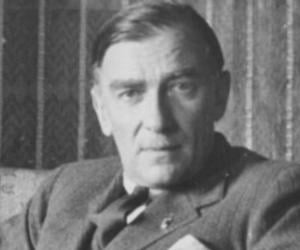
Karol Szymanowski was a Polish pianist and composer best remembered for his opera King Roger, which was composed between 1918 and 1924. An internationally recognized composer, Karol Szymanowski is the recipient of some of the highest national honors such as the Order of Merit of the Republic of Poland and the Order of Polonia Restituta.
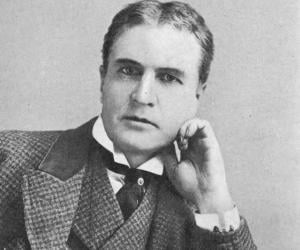
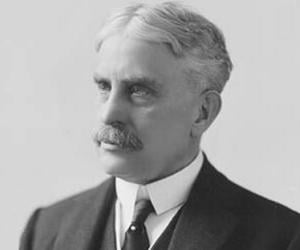
Robert Borden was a Canadian lawyer and politician. He served as the eighth prime minister of Canada from 1911 to 1920. World War I started during his tenure, and he received much admiration for his leadership throughout the war. As the prime minister, he introduced women's suffrage for federal elections.
Henry Ossawa Tanner was an American artist best remembered as the first African-American painter to achieve international fame. Widely regarded as the best African American painter of all time, Henry's work was influential during his lifetime. The works of other painters like William Edouard Scott and Norman Rockwell were influenced by Henry Ossawa Tanner's technique.
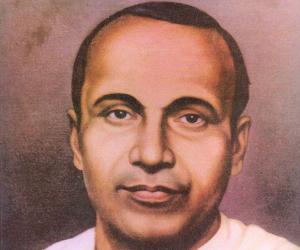
Jaishankar Prasad was an Indian poet and an important figure in modern Hindi theatre and Hindi literature. Along with Mahadevi Verma, Sumitranandan Pant, and Suryakant Tripathi, Prasad is counted among the Four Pillars of Romanticism in Hindi literature.
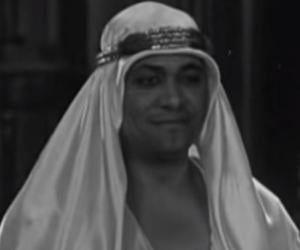
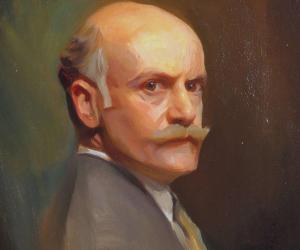
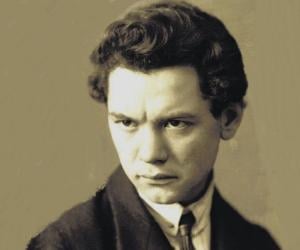
One of the greatest 20th-century Hungarian poets, Attila József was a washerwoman’s son and had begun writing poems since age 17 but soared to fame only after his death. He was also a co-founder of the literary journal Szép Szó, or Beautiful Word. He later showed signs of mental illnesses.

Initially a professor of theology, philosopher Rudolf Otto later contributed to some of the most significant works of theology, such as The Idea of the Holy. He was also a member of the Prussian Parliament and is remembered for his services to Christianity and his idea of numinous.
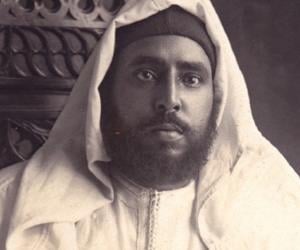
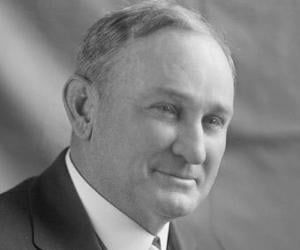
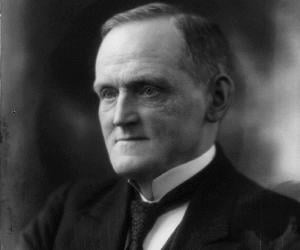
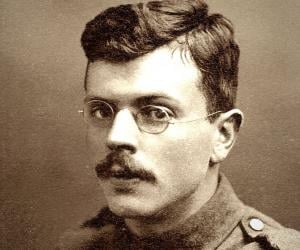
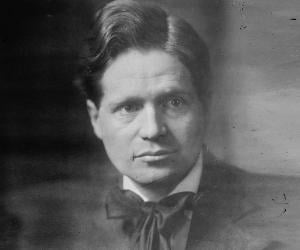
American architect Walter Burley Griffin is best known for designing cities such as Canberra, Griffith, and Leeton. His early projects were inspired by the Prairie house style. He is also believed to have developed the concept of the L-shaped floor plan. He died in India, while working on his commissions.
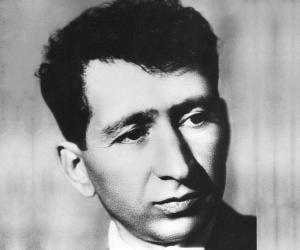
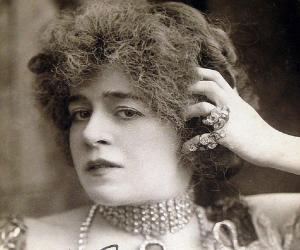
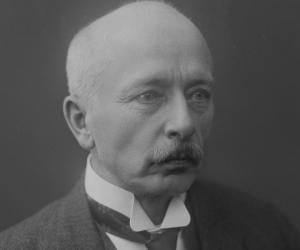
One of Finland’s best-known painters, Eero Järnefelt is remembered for his stunning depictions of scenes around the Koli National Park. Apart from his landscapes such as Heinäkuun päivä and Raatajat rahanalaiset, he also painted portraits, such as Poikani. He was also an art professor at the University of Helsinki.
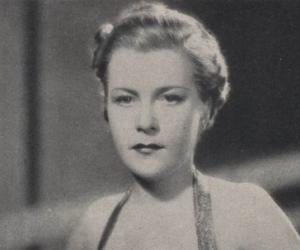
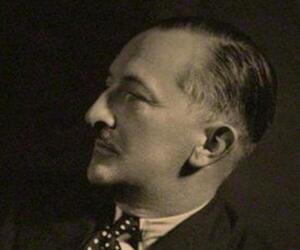
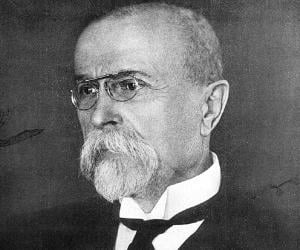
Tomáš Masaryk was a Czechoslovak statesman, politician, philosopher, and sociologist. He co-founded Czechoslovakia alongside Edvard Beneš and Milan Rastislav Štefánik and served as its first president from 14 November 1918 to 14 December 1935. Tomáš Masaryk is revered by the Czechs and Slovaks alike and is considered the founding father of Czechoslovakia.
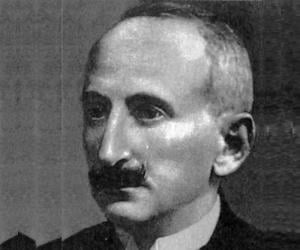
One of the pioneers of Symbolism and Expressionism in Polish poetry, lyric poet Bolesław Leśmian also established an artistic theater and co-published an art newspaper. Apart from working as a notary and a lawyer, he published masterpieces such as Łąka, or The Meadow, and Napój cienisty, or Shadowy Drink.
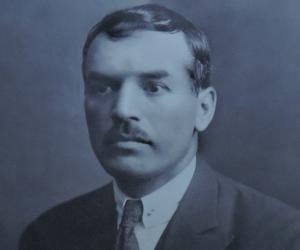
Yordan Yovkov was a Bulgarian writer best remembered for his 1927 works, Legends of Stara Planina and Inn at Antimovo. In 1929, Yovkov was honored by the Bulgarian Academy of Science with the prestigious Cyril and Methodius Prize for Literature. Many of his works have been adapted into feature and short films.
